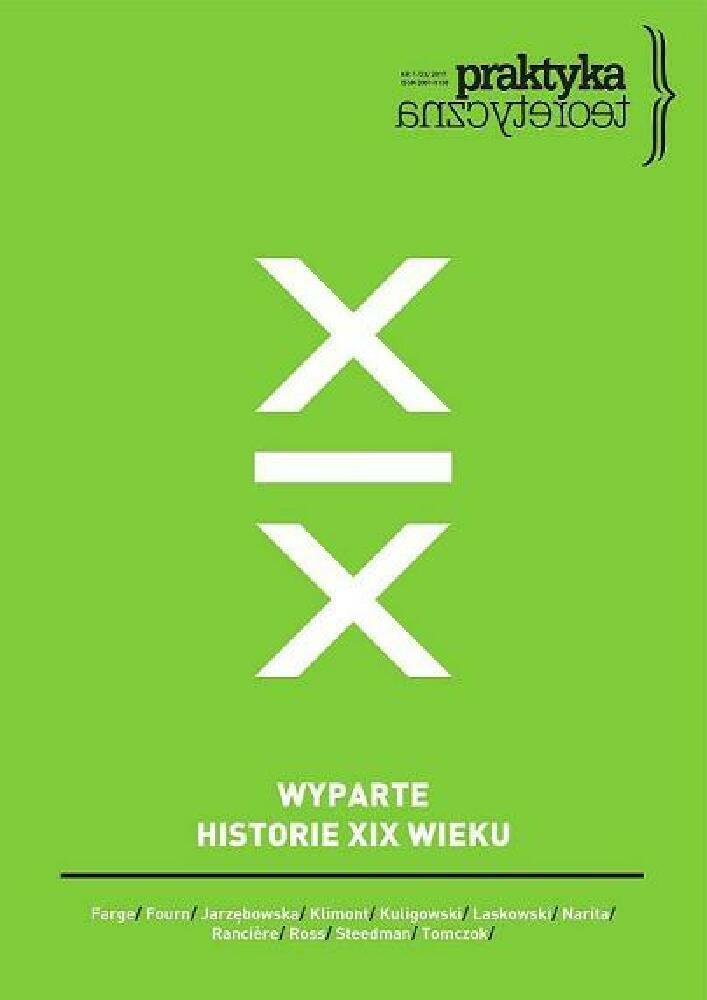Abstract
For the French communists and socialists of the 19th century, brochures were the most important means used to spread their doctrines and to organize political movements. With some exceptions, these cheap works were targeted to an audience from lower social strata, thereby inviting them to take part in the polemical space which they created. Brochures were available from specialist booksellers, but they were also distributed during meetings, conferences, and strikes. While read aloud, they could serve as a launch pad for political discussions or as a substitute for political speeches. For these reasons, the examination of brochures offers insights into the context of communication between writers and readers and sheds light on the interaction between the written and spoken word.References
Dictionnaire biographique du mouvement ouvrier français. Sous la direction de Jean Maitron. Paris: L’Atelier.
Bénichou, Paul. 1977. Le Temps des prophètes, doctrines de l’âge romantique. Paris: Gallimard, NRF.
Benoit, Joseph. 1968. Confessions d’un prolétaire (Lyon 1871). Présentées par Maurice Moissonnier. Paris: Éditions sociales.
Blanc, Louis. 1979. Les Révolutions du XIXe siècle. Vol. III. La propagande socialiste de 1835 à 1848. Paris: EDHIS.
Chartier, Roger. 1996. Culture écrite et société, L’ordre des livres. Paris: Albin Michel.
Garnier-Pagès, Louis-Antoine. 1861. Histoire de la Révolution de 1848. Vol. 1. Paris: Pagnerre.
Haubtmann, Pierre. 1982. Pierre-Joseph Proudhon, Sa vie et sa pensée (1809–1849). Paris: Beauchesne.
Tristan, Flora. 1980a. Le Tour de France. Journal 1843–1844. Vol. 1. Paris: François Maspéro.
Tristan, Flora. 1980b. Le Tour de France. Journal 1843–1844. Vol. 2. Paris: François Maspéro.
Tristan, Flora. 1995. La paria et son rêve, Correspondance. Etablie par Stéphane Michaud. Fontenay-aux-Roses: ENS Éditions.
License
“Theoretical Practice” seeks to put into practice the idea of open access to knowledge and broadening the domain of the commons. It serves the development of science, thinking and critical reflection. The journal is published in open-access mode under the CC-BY-NC-SA 4.0 license (detail available here: http://creativecommons.org/licenses/by-nc-sa/4.0/). Articles published in the journal may be freely distributed, stored, printed and utilized for academic and teaching purposes without restrictions.
They should not be, however, used for any commercial purposes or be reconstructed into derivative creations. Access to the journal may not be limited or offered for a fee by any third party.
Prospective authors are obliged to fill in, sign and send back the publishing contract compliant with the CC licencing. [PL.pdf, PL.doc, EN.pdf,EN.doc].
According to this contract, authors grant the journal a non-exclusive right to publish their work under the creative commons license (CC-BY-NC-SA 4.0) without any financial obligation on both sides of the contract.
Before submission authors should make sure that derivative materials they use are not protected by copyright preventing their non-commercial publication. Authors are responsible for any respective copyright violations.
